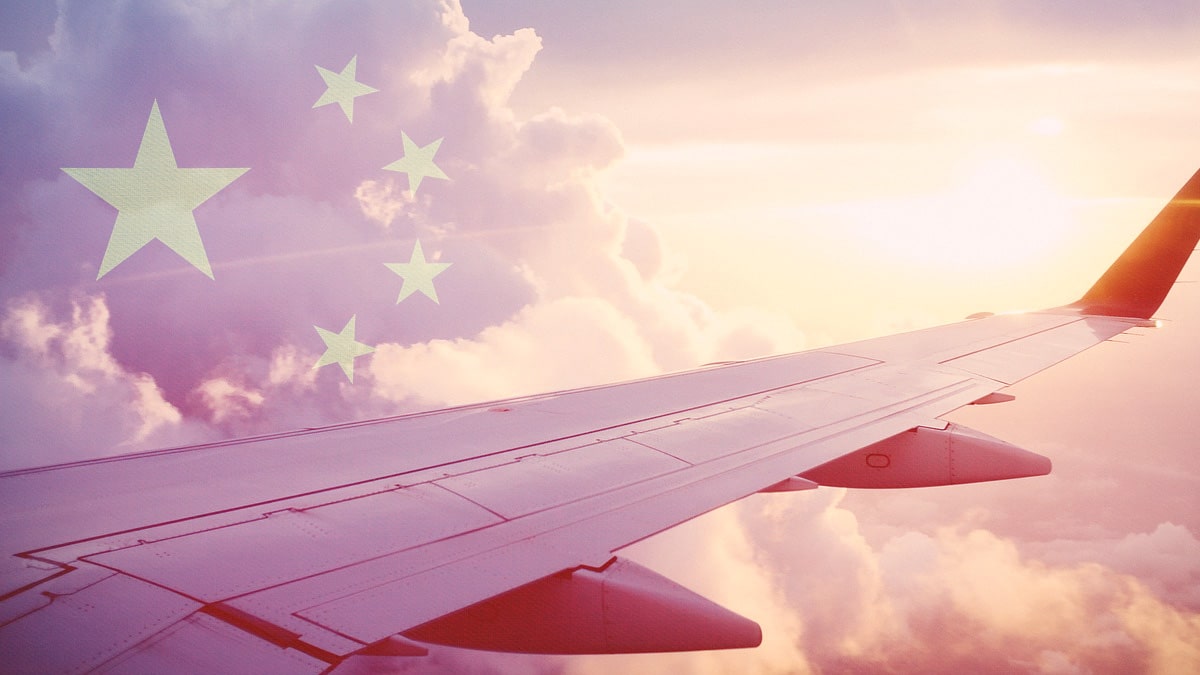China is once again showing they are serious about putting an end to overseas gambling for their citizens. The country’s Ministry of Culture and Tourism has announced a “blacklist” of overseas tourist destinations, focused on countries that promote gambling tourism for Chinese nationals.
 Devised in conjunction with other departments, the blacklist seeks to impose travel restrictions on Chinese citizens, potentially blocking their ability to travel to casino destinations. It noted that these locations are “endangering the personal and property safety of Chinese citizens.”
Devised in conjunction with other departments, the blacklist seeks to impose travel restrictions on Chinese citizens, potentially blocking their ability to travel to casino destinations. It noted that these locations are “endangering the personal and property safety of Chinese citizens.”
There are very few specifics available about the blacklist at this point, so what this exactly means for the Asian gambling industry can only be speculated. JP Morgan analysts were happy to do just that, suggesting that operations in the Philippines, Cambodia, Vietnam and Australia could suffer.
The Philippines, which has several integrated resorts (IRs) and a thriving online gambling industry, defied China’s wishes to shut down online operations in 2019. Cambodia agreed to shut down online operations, but still has easily accessible casinos for Chinese citizens to travel to.
The analysts suggested that not all destinations are necessarily at risk though, noting “markets like Singapore (and to a lesser extent Korea/Malaysia) should fare better given limited exposure to junkets, and it’d be interesting to see how or if the Japan’s casino IR (integrated resort) plans would be affected by this.”
The focus is really on markets that go right after Chinese tourists, and offer junkets to make their gambling easier. “This seems to us like a continuation of its efforts to curb illegal overseas gambling (e.g. proxy betting, video streaming and online casinos among others) and illicit cross-border capital flows since last year that have been stepped up materially in recent months.”
Macau, which is a huge market for junkets, likely won’t be impacted at all. China’s central government doesn’t consider it to be an overseas destination. As a result, Macau could be a huge beneficiary of this blacklist, potentially pulling it out of the slump it’s been in for the past couple of years. “In the long term, this move could be seen as ‘ring-fencing’ gambling demand/flow within China, which in turn could drive repatriation of demand to Macau,” analysts wrote.
But that recovery could still be far off. The junkets who might get shut down by China’s anti-overseas gambling push are the same that will offer trips to Macau, and they may not advertise as much while they fear repercussions. “Overall, we would characterize this news as short-term pain for long-term gain for Macau,” JP Morgan concluded.
China’s been conducting a full-court press against online gambling. They recently asked network providers to monitor class room remote learning software to ensure no gambling ads pop up, while also putting out their own advertising campaign to share the evils of gambling.
